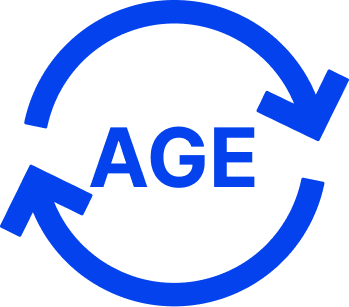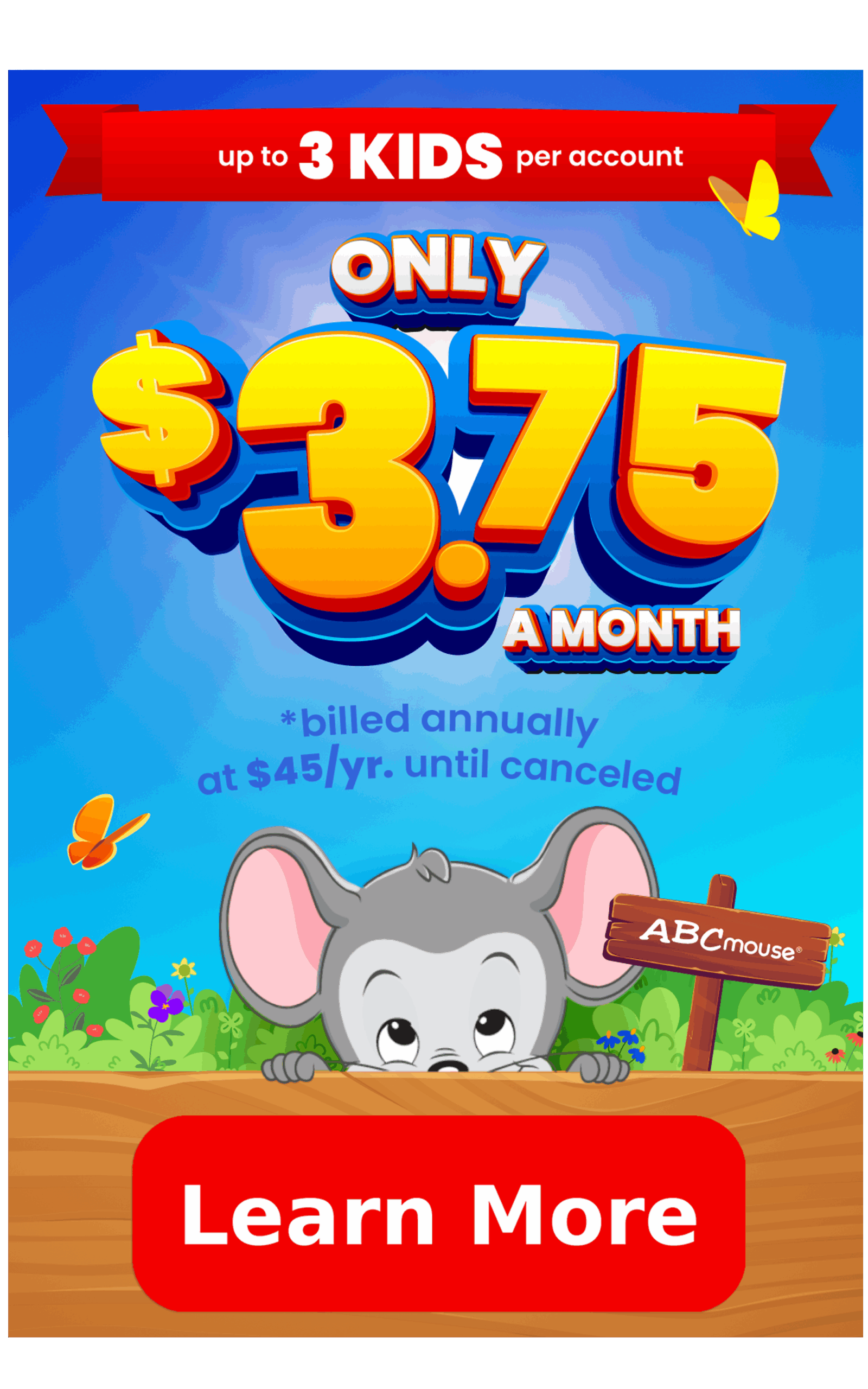Virginia Homeschooling Laws and Resources
If you’re ready to start homeschooling in Virginia, you’ll need to know the state’s home instruction laws and requirements. Learn more about them here, plus find helpful tips and resources to help you on your way.
Homeschooling in Virginia Overview
Notice of Intent Required: Yes
4 Options for Homeschooling: Home Instruction, Private Teacher or Tutor, Religious Exemption, Private School
Subject or Curriculum Requirements: No
Attendance Age Requirements: 5-18
Record-Keeping Requirements: No
Assessments or Evaluations Required: Yes
Proof of Immunization Required: Yes
Table of Contents
Virginia Homeschooling Laws and Regulations
How to Start Homeschooling
Options for Homeschooling
Requirements to Homeschool
Notice of Intent
Evidence of Progress
Mandatory School Age
Subject Requirements
Attendance Requirements
Record-Keeping Requirements
Required Immunizations
Resources for Homeschooling Families in Virginia
Homeschool Groups and Co-ops
Sports Opportunities
Homeschool Field Trips
Special Education Homeschoolers
How Our Curriculum Can Help
Homeschool FAQ


How to Start Homeschooling in Virginia
Virginia calls homeschooling “home instruction” and has specific laws for it in the Code of Virginia. To meet the state’s home instruction requirements, families must
- Meet the teacher criteria for home instruction.
- File an annual notice of intent to home instruct.
- Provide a list of subjects to be studied in the coming year.
- Provide an annual academic assessment proving satisfactory progress at the end of the school year.
- Comply with immunization requirements.
Find more information on each of these items below.

Other Homeschool Options in Virginia
Virginia offers several other options for children to learn at home. These include instruction by a qualified private tutor or teacher, filing a religious exemption, or learning at home through a private school program. If you’re interested in any of these options, contact the Virginia Department of Education.

Teacher Requirements for Virginia Homeschooling
Home educators must provide proof to their local school division that they are qualified to instruct their children. You may choose from four options, shown below. Find more information on these options in the Virginia Home Instruction Handbook.
Option I: High School Diploma
Parents must hold a high school diploma or higher credential. Equivalency certificates like the GED do not qualify for this requirement. If you have a GED or other equivalency certification, you can ask your county superintendent to accept it using Option IV.
Option II: Qualified Teacher
Parents with a Virginia teaching license or letter of eligibility for licensure may use this option to qualify.
Option III: Correspondence or Distance Learning Program
If your child will be enrolled in a correspondence or distance learning program for the year, you can use Option III. You’re required to submit evidence of enrollment, as well as a list of courses they’ll be taking.
TIP: The school division does not need to approve the program. You must simply provide the information to verify you qualify for home instruction.
Option IV: Other Evidence
If you don’t meet any of the previous criteria but still feel qualified to provide home instruction for your children, work directly with your local school division to seek their approval.

Annual Notification of Intent to Homeschool in Virginia
Homeschool families must file a notice of intent each year by August 15th. If you start instruction mid-year or move into the division, you must file this notice within 30 days. Your notice must include
- Name, date of birth, and grade level of each child receiving home instruction
- Evidence of your qualifications to provide home instruction (see above)
- A list of subjects to studied in the coming academic year
You may write your own notice or use this printable sample notice. Send your notification to your local school division. Consider using certified mail so you have a receipt, and always keep a copy for your records.

Virginia Homeschool Annual Evidence of Progress
At the end of each academic year, homeschool families must provide evidence of their child’s progress to their local school division. You can do this in one of two ways:
- Have your child take a nationally-normed standardized achievement test. They must score in or above the fourth stanine. Students may also take the ACT, SAT, or PSAT and must achieve a percentile score of at least 23.
- Work with your division superintendent to determine another method of assessment. This could include a written narrative by a certified teacher who has reviewed the student’s work, a report card from a correspondence or distance learning program, or other options. Contact your superintendent’s office for more information.
Submit your evidence of progress information by August 1st, following the end of the school year.
TIP: Your local superintendent’s office can tell you where to send your progress report. Be sure to keep a copy for your files.

Mandatory School Age in Virginia
Children must start school or home instruction the year they turn 5 and before September 30th. They must continue their education until they turn 18 or graduate high school.

Virginia Homeschool Subject Requirements
Virginia does not specify any subject or curriculum requirements for home instruction. Parents are free to choose what to teach and how to teach it. They may select their own curriculum programs, textbooks, and other instructional materials.
TIP: Parents are responsible for all costs involved in home instruction.

Virginia Homeschool Attendance Requirements
The Code of Virginia says home instruction should occur “during the period of each year the public schools are in session and for the same number of days and hours per day as public schools.” In most cases, this is 180 days per year.
TIP: The law does not require homeschoolers to keep attendance records or dictate what home instruction should look like.

Virginia Homeschool Record-Keeping Requirements
Parents aren’t required to maintain any specific records (other than immunization records) in Virginia, but creating an academic file for each of your students is always a good idea. Include items like a record of attendance, courses, and grades, a portfolio of work samples, evaluation or assessment results, and a list of curriculum programs, textbooks, and other materials used.
TIP: Keeping detailed records makes it much easier to create transcripts for your child or transition them to public school if needed.

Required Immunizations for Homeschoolers in Virginia
Virginia homeschool students must follow the same immunization requirements as all other children. Parents are required to keep immunization or exemption records on file. Learn about Virginia’s immunization requirements and policies here.

Resources for Homeschool Families in Virginia
Homeschooling families often seek opportunities to enhance their children’s education, promote socialization, and empower their homeschooling journey.
Families can achieve this by joining homeschool groups, co-ops, or larger associations. These connections can provide valuable resources and opportunities for homeschooling families to engage with other like-minded individuals, share ideas, and learn from each other.

Homeschool Groups and Co-ops in Virginia
When you need support, resources, social activities, or educational events, turn to homeschool organizations. We recommend checking online when you begin your search for a homeschool group. Here are two popular options and a resource for finding more:
- Home Educators Association of Virginia (HEAV): In addition to detailed information, resources, and an annual convention, find social events, a mentor program, and more.
- VaHomeschoolers: The Organization of Virginia Homeschoolers, known as VaHomeschoolers, has information, events, advocacy, and other useful resources.
Looking for local groups and co-ops? Check out VaHomeschoolers list here.

Sports Opportunities for Homeschoolers in Virginia
Homeschool students in Virginia may be eligible to compete in interscholastic sports or participate in other extracurricular activities. Contact your local school division if you’re interested.
There are plenty of other options for athletics, like homeschool sports leagues and community youth sports programs. Here are some you might consider:
| Group Name & Website | What Sports They Cover | What Area |
| YMCA Youth Sports | Varies by location | Throughout Virginia |
| NFL Flag | Flag football | Throughout Virginia |
| Little League | Baseball, softball | Throughout Virginia |
| Virginia Youth Soccer Association | Soccer | Throughout Virginia |
| Northern Virginia Homeschool Athletic Association | Track, cross country, volleyball, football, cheer, basketball wrestling | Northern Virginia |

Virginia Homeschool Field Trips
When you’re a homeschooler, any day can be a field trip day! Field trips are a great way for families to explore and learn together.
TIP: Ask other homeschool families to join you on field trips, and you can possibly qualify for group discounts and special programs.
History buffs are in luck because Virginia has a lot to offer. Historic Jamestowne and Colonial Williamsburg are perennial favorites, along with the state’s many Civil War battlefields. Visit the Pamunkey Museum and Cultural Center to learn about the indigenous people of the area, or drop into the Virginia Museum of History and Culture for even more local stories. Be sure to add George Washington’s Mount Vernon to your field trip list, too.
Get hands-on STEM experiences at the Science Museum of Virginia, and meet animals from around the world at the Virginia Zoo. Take a trip underground at Luray Caverns, or breathe in the fresh air along Skyline Drive in Shenandoah National Park. Soak up culture at the Virginia Museum of Fine Arts, or spend a day learning at the Children’s Museum of Virginia. The options are endless!

Special Education Homeschoolers
Virginia laws are very protective of students with special needs and thus have regulations for homeschooled students with special needs. According to the law, homeschooled students with special needs are considered private school students with access to special education services that would be entitled to private school students.
For families, this means there may be access to special education services through the local school district. The depth of services may vary and may not be what it would be if the child was enrolled in the public school system.
It is also interesting to note that according to Virginia law, it is illegal to operate a private school for students with special needs that is not licensed by the state.

Support Your Homeschool with ABCmouse and Adventure Academy
Our digital learning programs are designed by curriculum experts to assist your homeschool and children ages 2 through 13. ABCmouse is a comprehensive online educational platform for children ages 2-8, while Adventure Academy focuses on children ages 8-13. Both programs provide access to lessons on reading, language arts, math, sciences, social studies, and more. Learn more about how each program can enhance your homeschool below.
ABCmouse and Homeschooling
ABCmouse offers over 10,000 learning activities and more than 850 lessons for children, plus a large digital library of books and educational puzzles, songs, activities, and worksheets. The program encourages self-paced learning with motivating rewards and includes progress tracking, which allows home educators to monitor time spent on certain subjects and the number of activities completed.

Then just $14.99/mo. until canceled
As a paid add-on to regular subscriptions, home educators can access the Assessment Center, which allows parents and caregivers to test children on their knowledge, determine successes and struggles, and receive recommended lessons based on assessments.
ABCmouse provides a robust curriculum that can supplement other early learning lessons. It’s trusted resource that’s been downloaded over 10 million times and has a 4.5-star average out of 831.4K ratings.
Adventure Academy and Homeschooling
Adventure Academy combines an interactive world with a curriculum covering reading, language arts, math, science, and social studies. With quests, games, and educational videos and activities, learning becomes an epic journey that motivates kids to explore various topics.
For homeschooling families, Adventure Academy offers an engaging, flexible learning experience that can supplement other educational materials. The program features thousands of activities created by curriculum experts and covers all major academic domains.
Parents and caregivers can choose academic difficulty levels and track each child’s progress, seeing time spent in Adventure Academy, activities completed, and subjects studied.
Adventure Academy emphasizes key topics such as reading comprehension, vocabulary development, mathematical operations, fractions, world geography, American history, physical science, life science, earth science, and scientific inquiry.
For more information, visit AdventureAcademy.com.

Virginia Homeschool FAQ
Is Virginia a homeschool-friendly state?
Virginia requires parents to meet qualifications for home instruction, and you must provide proof of academic progress each year through standardized testing or other approved methods. Parents are responsible for all homeschooling costs and must comply with immunization requirements or apply for exemptions.
Virginia gives parents total freedom in choosing what and how they teach their children.
There are no required subjects for homeschoolers, and home educators can select any curriculum or instruction methods they like. Homeschoolers can take classes or play sports at public schools, too. Overall, Virginia is a fairly homeschool-friendly state.
How do Virginia homeschoolers receive diplomas or transcripts?
Home instruction students may receive diplomas through correspondence courses or distance learning programs. Home educators or homeschool organizations can issue diplomas, but institutions of higher learning and other organizations are not obligated to accept these diplomas. Keep detailed records so you can provide transcripts that justify any diplomas you issue to your child.
Are Virginia homeschool families eligible for the Learning Recovery Grants program?
Yes, homeschool families are welcome to apply for these grants, which address learning loss due to the COVID-19 pandemic. Learn about the Learning Recovery Grants here.
Is unschooling legal in Virginia?
Virginia allows homeschool families to choose their own methods of instruction. Unschooling may be one of those methods as long as the child makes adequate yearly progress.
Legal Disclaimers
“The information and materials provided are for informational purposes only, and does not constitute legal, or other professional advice.
Any links provided to third-party resources are provided for convenience only. We do not sponsor or endorse, and are not affiliated with such parties, unless explicitly stated otherwise. We do not maintain or control these websites. Information presented on these sites may not be current or accurate – it is your responsibility to determine its accuracy and usefulness. By clicking on the links provided, you understand that you may be subject to additional terms and conditions and the privacy policies of such third parties.
Age of Learning makes no representation and assumes no responsibility for the accuracy of information contained on, or available through, this website, or its suitability for any purpose, and such information is subject to change without notice. You are encouraged to confirm any information obtained from or through this website with other sources, and review all information regarding any information with a trained legal professional.”



















